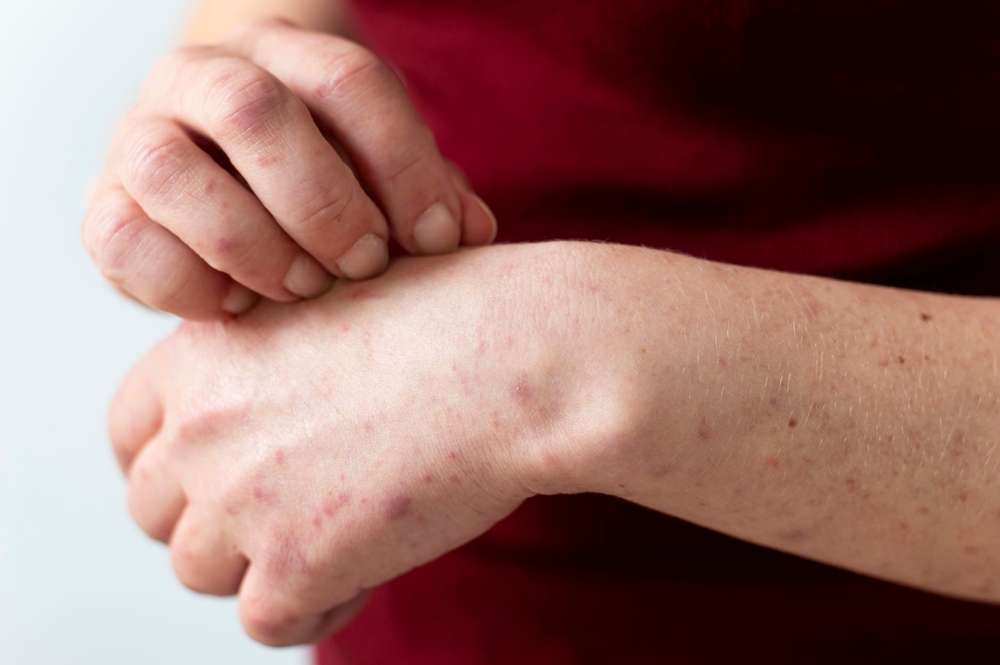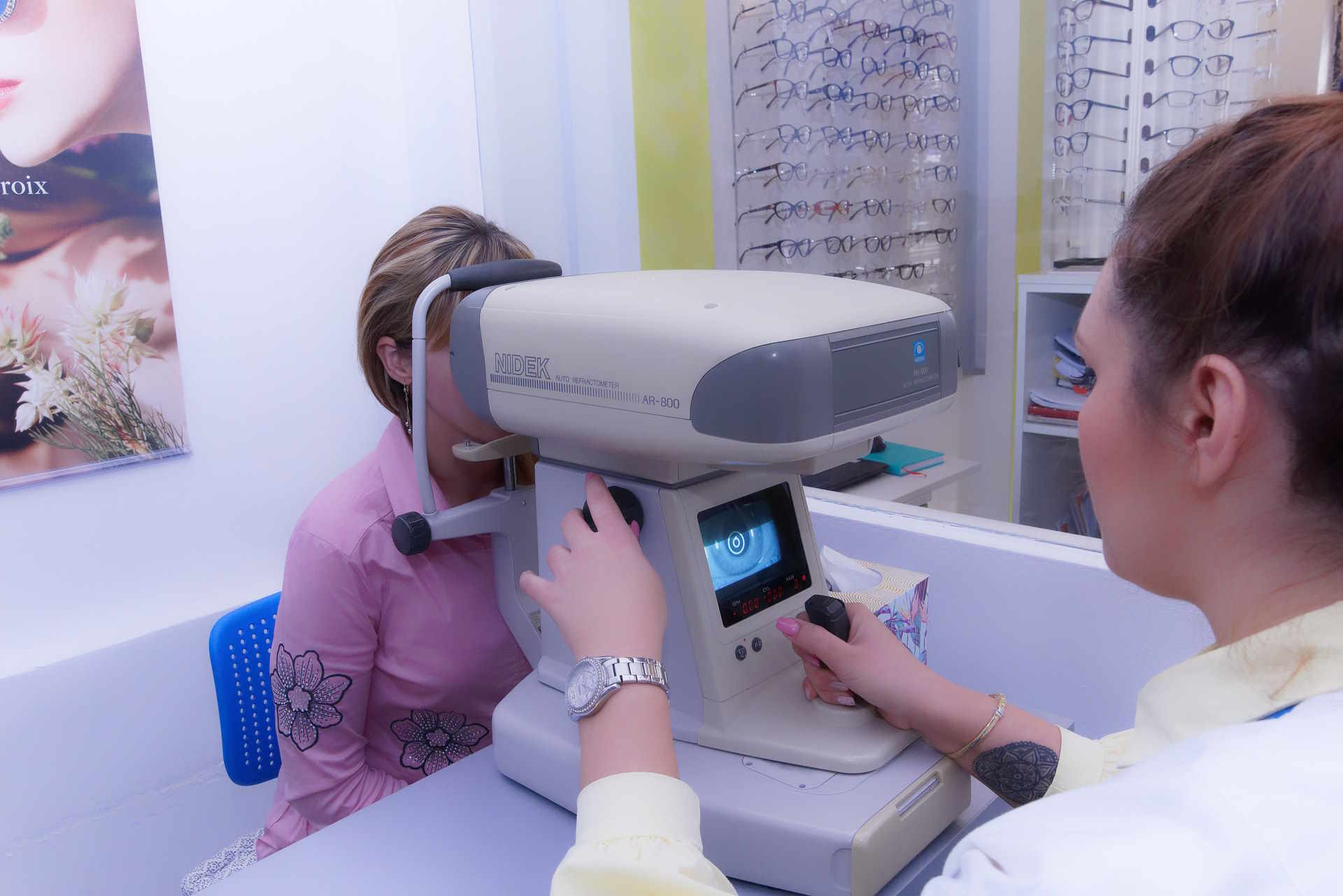Understanding Genital Psoriasis: Symptoms, Treatment Options, and Management
Genital psoriasis is a challenging condition that affects the sensitive areas of the body, causing discomfort and emotional distress for many individuals. This comprehensive guide explores the symptoms, available treatments, and effective management strategies for those dealing with genital psoriasis, helping you better understand this condition and the various therapeutic options available.

What Are the Common Symptoms of Genital Psoriasis?
Genital psoriasis typically presents with distinct symptoms in the intimate areas. The affected skin often appears red, smooth, and shiny, unlike the thick, scaly patches seen in other body areas. Common symptoms include:
-
Intense itching and burning sensation
-
Redness and inflammation
-
Smooth, red patches without typical scaling
-
Increased sensitivity in affected areas
-
Potential cracking or bleeding of the skin
How Is Genital Psoriasis Different from Other Types?
Genital psoriasis requires special consideration due to the sensitivity of the affected area. The skin in genital regions is naturally thinner and more delicate than other body parts, making it more susceptible to irritation. This condition can affect various parts of the genital area, including the pubis, upper thighs, and skin folds, requiring particularly careful treatment approaches.
What Medical Treatments Are Available for Genital Psoriasis?
Healthcare providers typically recommend a stepped approach to treating genital psoriasis:
-
Mild topical corticosteroids for short-term use
-
Vitamin D analogs
-
Topical calcineurin inhibitors
-
Systemic medications for severe cases
-
Biologics when other treatments prove ineffective
Which Topical Treatments and Creams Are Most Effective?
Several topical treatments can help manage genital psoriasis effectively:
-
Low-potency corticosteroid creams
-
Zinc pyrithione preparations
-
Moisturizing emollients
-
Vitamin D derivatives
-
Tar-based products (used carefully and as directed)
What Lifestyle Changes Can Help Manage Symptoms?
Managing genital psoriasis extends beyond medical treatments. Key lifestyle modifications include:
-
Wearing loose, cotton underwear
-
Using mild, fragrance-free soaps
-
Maintaining proper hygiene without over-washing
-
Avoiding harsh chemicals and irritants
-
Managing stress through relaxation techniques
-
Following a healthy diet
What Are the Latest Treatment Options and Their Effectiveness?
| Treatment Type | Effectiveness | Average Treatment Duration |
|---|---|---|
| Topical Steroids | 70-80% improvement | 2-4 weeks |
| Biologics | 80-90% improvement | Ongoing maintenance |
| Light Therapy | 60-70% improvement | 2-3 months |
| Systemic Medications | 75-85% improvement | 3-6 months |
Prices, rates, or cost estimates mentioned in this article are based on the latest available information but may change over time. Independent research is advised before making financial decisions.
This condition requires a comprehensive treatment approach, often combining multiple therapies for optimal results. Success rates vary among individuals, and treatment plans should be personalized under medical supervision.
Remember that genital psoriasis is manageable with proper medical care and consistent treatment. While it may take time to find the right combination of treatments, many people achieve significant improvement in their symptoms through dedicated care and appropriate medical intervention.
This article is for informational purposes only and should not be considered medical advice. Please consult a qualified healthcare professional for personalized guidance and treatment.




